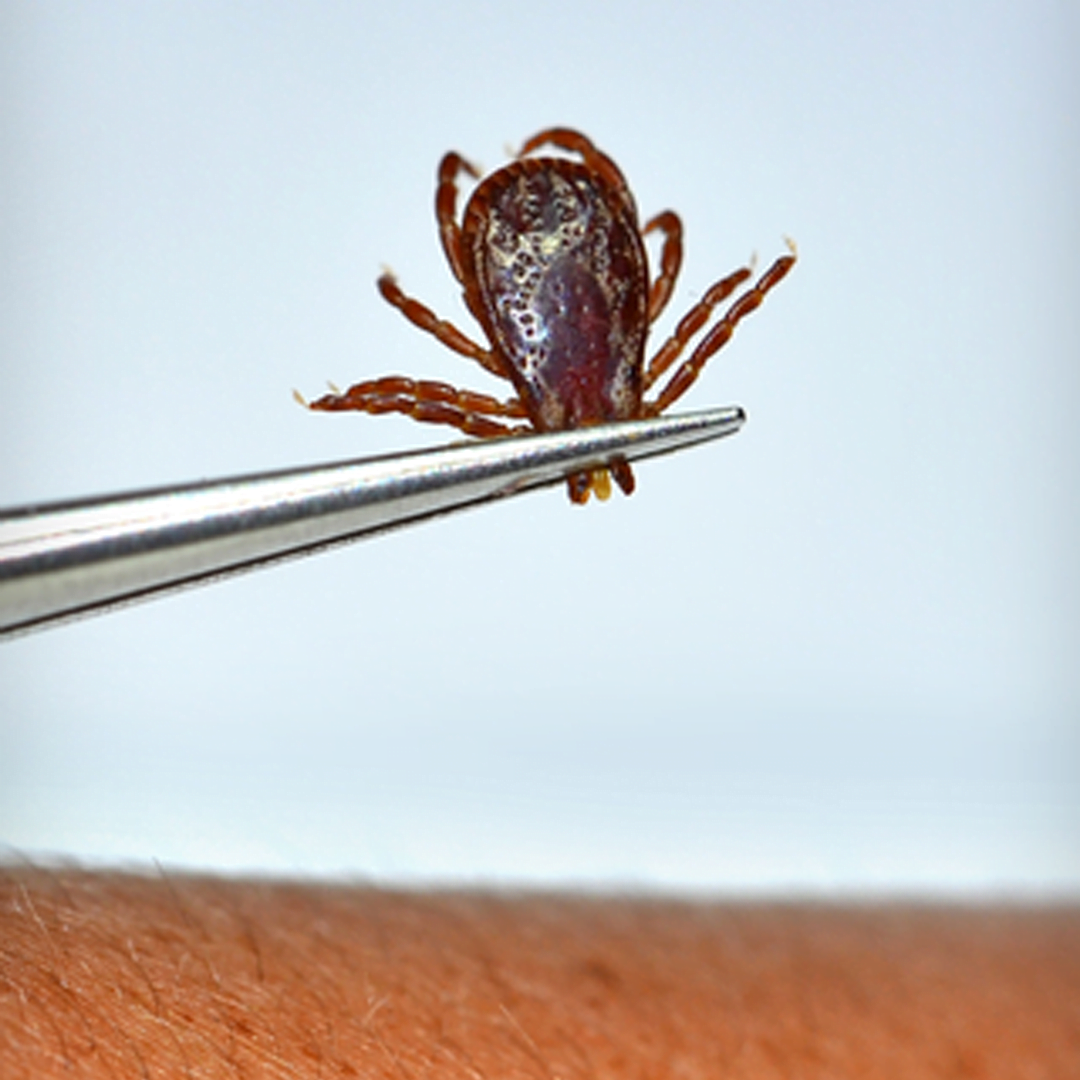What is tick-borne encephalitis?
What is tick-borne encephalitis?
Tick-borne encephalitis is a disease that can be contracted after being bitten by an infected tick or drinking unpasteurized milk. The disease is a viral infection that can cause inflammation of the brain.
Where does tick-borne encephalitis occur?
Tick-borne encephalitis can be contracted by a bite from a tick infected with FSME, the European variant that occurs in a large part of Europe, except in the Benelux and northern Scandinavia. There is also a Russian variant (RSSE) that can cause tick-borne encephalitis. This species occurs in the south of the former Soviet Union, Kazakhstan, northeastern China, Japan and Mongolia.
Tick-borne encephalitis infection
On average, tick-borne encephalitis occurs about seven to fourteen days after the tick bite. When drinking unpasteurized milk, the time between infection and illness is about three or four days.
Symptoms of tick-borne encephalitis
It often happens that infected people do not even realize that they are infected. They go through the disease unnoticed, without really feeling sick. People who do get sick often experience flu-like symptoms and fever. In a small number of infected people, brain inflammation occurs one to three days after the symptoms disappear. With the European variant of tick-borne encephalitis, about one percent dies from the consequences of brain inflammation. With the Russian variant, this percentage is slightly higher.

Tick-borne encephalitis treatment
There is no medicine to treat tick-borne encephalitis, but you can get vaccinated against the disease. This might be wise if you are staying in a nature reserve in Europe for more than four weeks.
